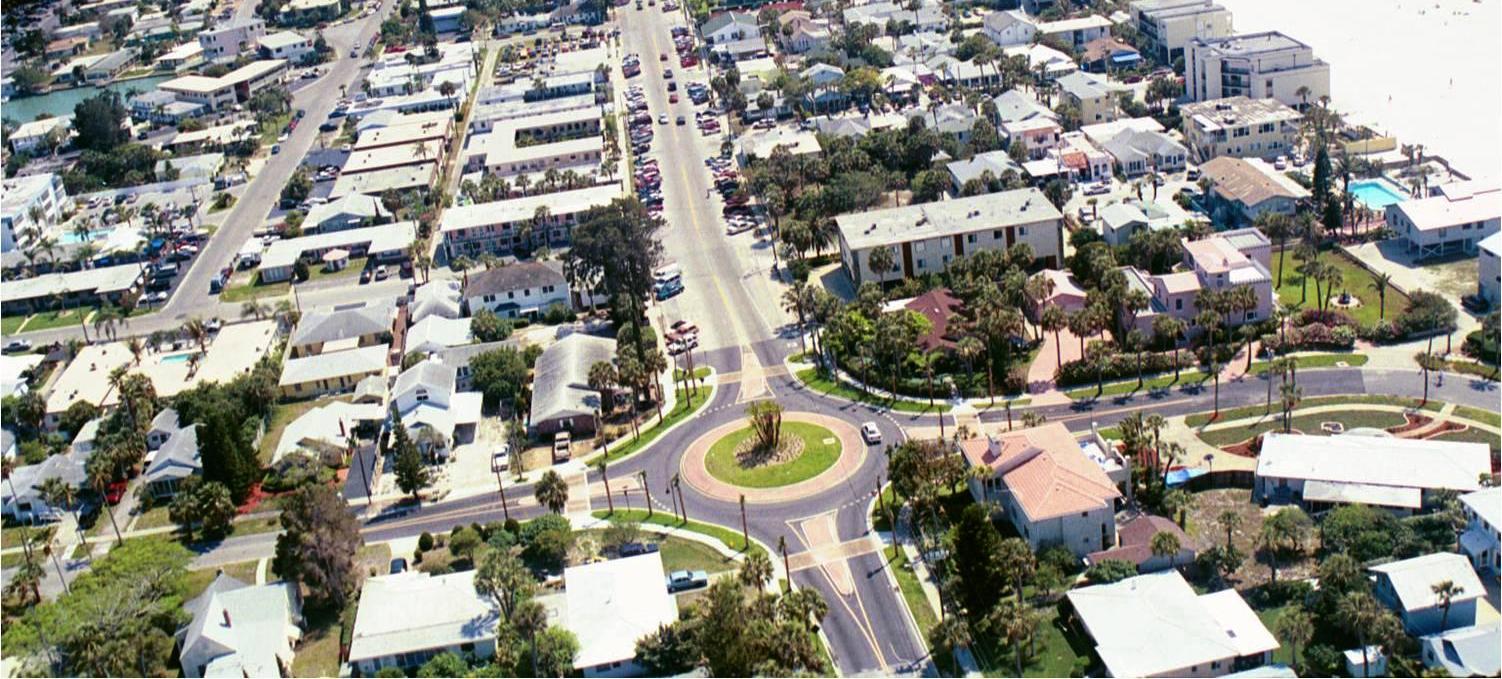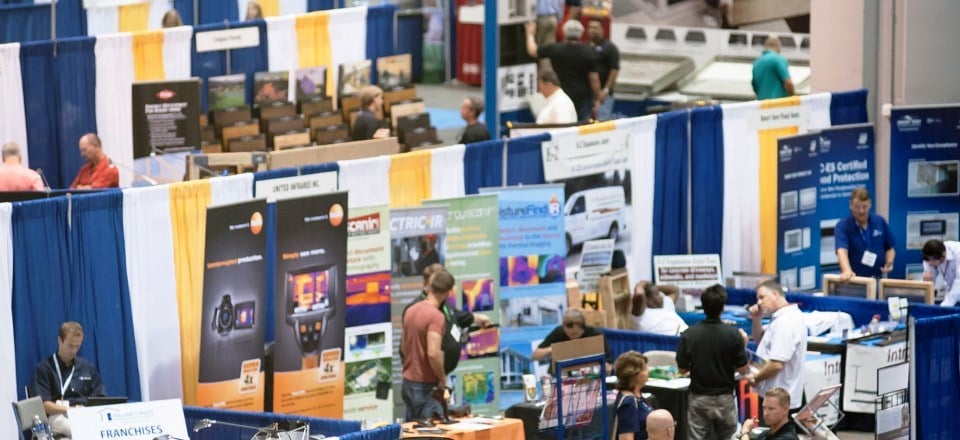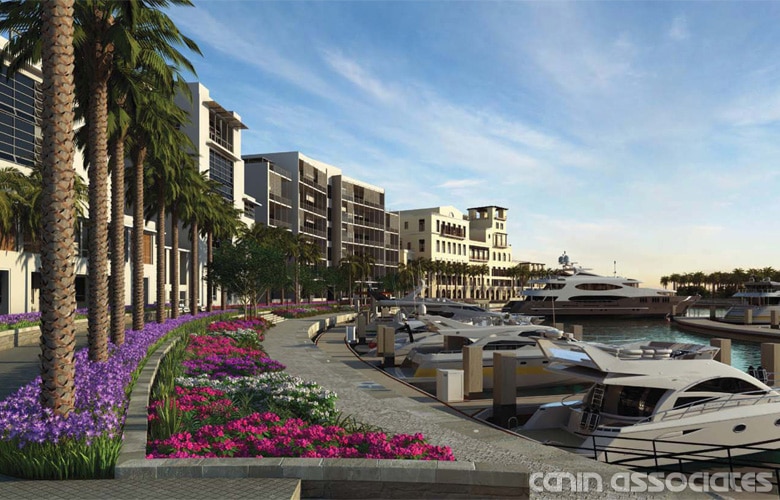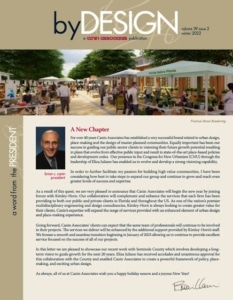Millenials Want to Be Green: Taking Sustainability to the Next Level
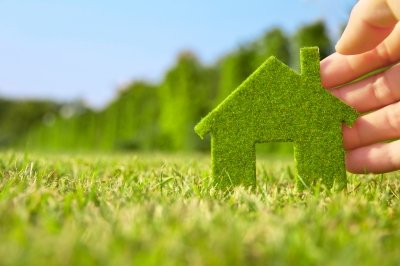
Labeled as the generation to turn around the housing market, Millennials (born between 1980 and 2000) represent a huge new segment of current and future homebuyers. But what has garnered them so much attention in the world of urban planning, design, and development? One major characteristic of this group is its attitude towards wanting to a live a more conscious lifestyle. Studies love to label Gen Y as “green” and “sustainable.” But delving deeper, new research shows that Millennials are thinking greener than they are acting. This presents the perfect opportunity for home builders to create products that help Millennials reach their sustainability goals, while creating the type of independent and customizable homes they desire.
One of the major reasons green building practices have piqued the interest of homebuilders in the past decade is the overwhelming support for them in market surveys. According to a recent McGrann Associates survey, a whopping 91% of respondents said that they would be likely to consider green or energy efficient features in a home—if the cost isn’t drastically different. This attitude applies to both new and existing homes. Interestingly enough, the two groups that seemed to know the most about green building practices were those aged 25 to 34 and those aged 55 to 64. In short, Millennials and Baby Boomers (the two demographic heavyweights that represent today’s largest home-buying segments) are most interested in leading a green lifestyle.
What “Green” Means to Millenials
Gen Y is a generation that equates “green” with “high-tech.” In fact, according to a Better Homes and Gardens Real Estate Survey, a substantial 84% of 18 to 35-year-olds say that high-tech appliances are must-haves. The three most popular high-tech home features are energy efficient washers and dryers, security systems, and smart thermostats. After “green” and “sustainable,” Millennials are on the lookout for the next buzzword: “high-tech.”
Still, it’s important to realize that this generation interprets “being green” differently than other generations. Most notably, according to the 2013 Eco Pulse Study, Millennials are more attitudinally green than behaviorally green. While they theoretically support everything sustainable, few practice what they preach. For builders, the key is to make a conscious lifestyle easier to implement. Gardens for growing food at home and places to store recyclables are inexpensive quick fixes for creating greener homes. Furthermore, Millennials are more likely to buy homes that already feature energy efficient appliances and upgraded thermostats, rather than installing them themselves. This is where builders can step in and make homes more appealing to Millennials by supporting their desire to live a green lifestyle.
In addition to technology-driven homes, it’s undeniable that Millennials are seeking adaptive places to live. Cookie-cutter is out, unique is in: This generation wants more than the stereotypical luxury home their parents always dreamed of. In lieu of mega-mansions, 77% of Gen Y-ers actually prefer “essential” homes. These are smaller and more adaptive than conventional houses. For builders, that means flex rooms should also serve as home offices, in-home technology outweighs curb appeal upgrades, and houses must be as unique as their inhabitants. And if there’s something for Millennials to fix up themselves, even better (at least according to the 30% of survey respondents who are ready to get their hands dirty in a renovation).

Millenials Want to Be Sustainable Outside the Home
For Millennials, having a green attitude isn’t confined to the home itself. The National Association of Home Builders found that 30% of first-time home buyers (generally of Gen Y), select a home based on its location to where they work. This is especially underscored by reports of automakers left flabbergasted by this generation’s seeming indifference to owning a car. With Gen Y auto sales down and only 54% of Americans getting their drivers licenses before turning 18, the need for walkable, transit-conscious housing is sure to increase in the coming years.
This generation may be more aware of the total cost of ownership than any other. Transportation costs and commute time are often as important to Millennials as the opportunity to reduce their utility bills. The McGrann Associates survey found that 83% of respondents understood that the initially higher investment in green building practices is eventually evened out. Like most investments, Gen Y has the benefit of time when it comes to reaping the rewards of their green homes.
Millennials are an important demographic for builders. Their habits are reflected in their immense numbers, giving them the ability to change the course of American home building. While their interest in living an eco-conscious, high-tech lifestyle should be celebrated, many Gen Y-ers lack the resources to translate their attitudes into actions. By providing unique, efficient, and progressive homes, designers and builders can begin to bridge the gap between what Millennials want, and what they can attain.
This article also appeared in Green Home Builder Magazine.

